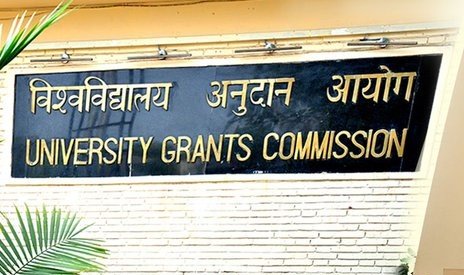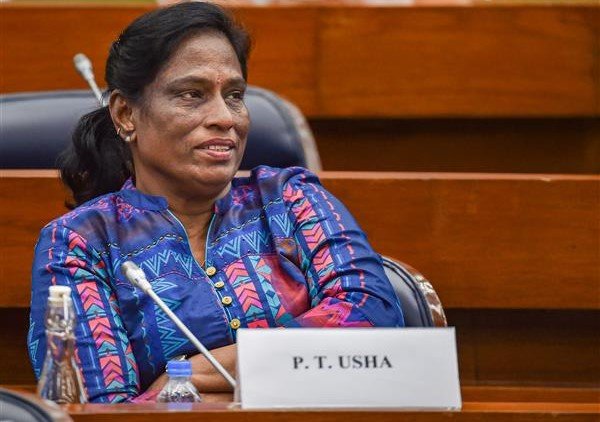AIIMS data retrieved, services restored
More than two weeks after the AIIMS cyber-attack, Minister of State for Health Bharati Pravin informed the Lok Sabha on Friday that all data had been recovered from an unaffected backup server, and that most of the institute’s services had been restored. In response to a question, Pawar stated that no specific amount of ransom was wanted by the hackers, despite the fact that a statement on the server implied it was a cyber-attack. The All India Institute of Medical Sciences has filed a FIR with the Special Cell of the Delhi Police in connection with the attack, according to the minister’s written reply. The e-Hospital application of the National Informatics Centre (NIC) was hosted on five physical servers at AIIMS Delhi. All data for the e-Hospital was recovered from an unaffected backup server and restored on new servers. “Most of the functions of e-Hospital applications like patient registration, appointment, admission, discharge etc have been restored after two weeks of the cyber-attack,” Pawar stated in a written response. Also Read: AIIMS server attack is part of a larger conspiracy by organised gangs: Minister The National Nodal Agency for Responding to Cyber Security Incidents, the Indian Computer Emergency Response Team (CERT-In), has “Empanelled Information Security Auditing Organizations” for auditing computer systems, networks, and applications involving public service delivery, including the Ayushman Bharat Digital Mission (ABDM). AIIMS took immediate steps to enhance security, including endpoint hardening, string firewall policies, and network segmentation, according to the minister. To reduce the patient load on the Delhi hospital, the Pradhan Mantri Swasthya Suraksha Yojana (PMSSY) has approved the setting up of 22 new AIIMS and 75 projects of upgradation of existing government medical colleges or institutions through the establishment of super speciality blocks or trauma centres. They are in various stages of delivering inpatient and outpatient services to the underprivileged. Day-to-day operations or surgeries, as well as accompanying duties and record keeping, were carried out manually. The dashboard for real-time emergency bed availability at AIIMS Delhi was designed in-house, according to the reply.
AIIMS data retrieved, services restored Read More »










